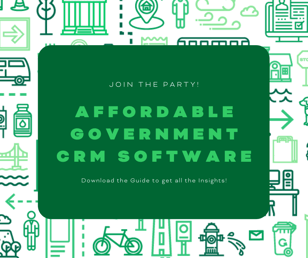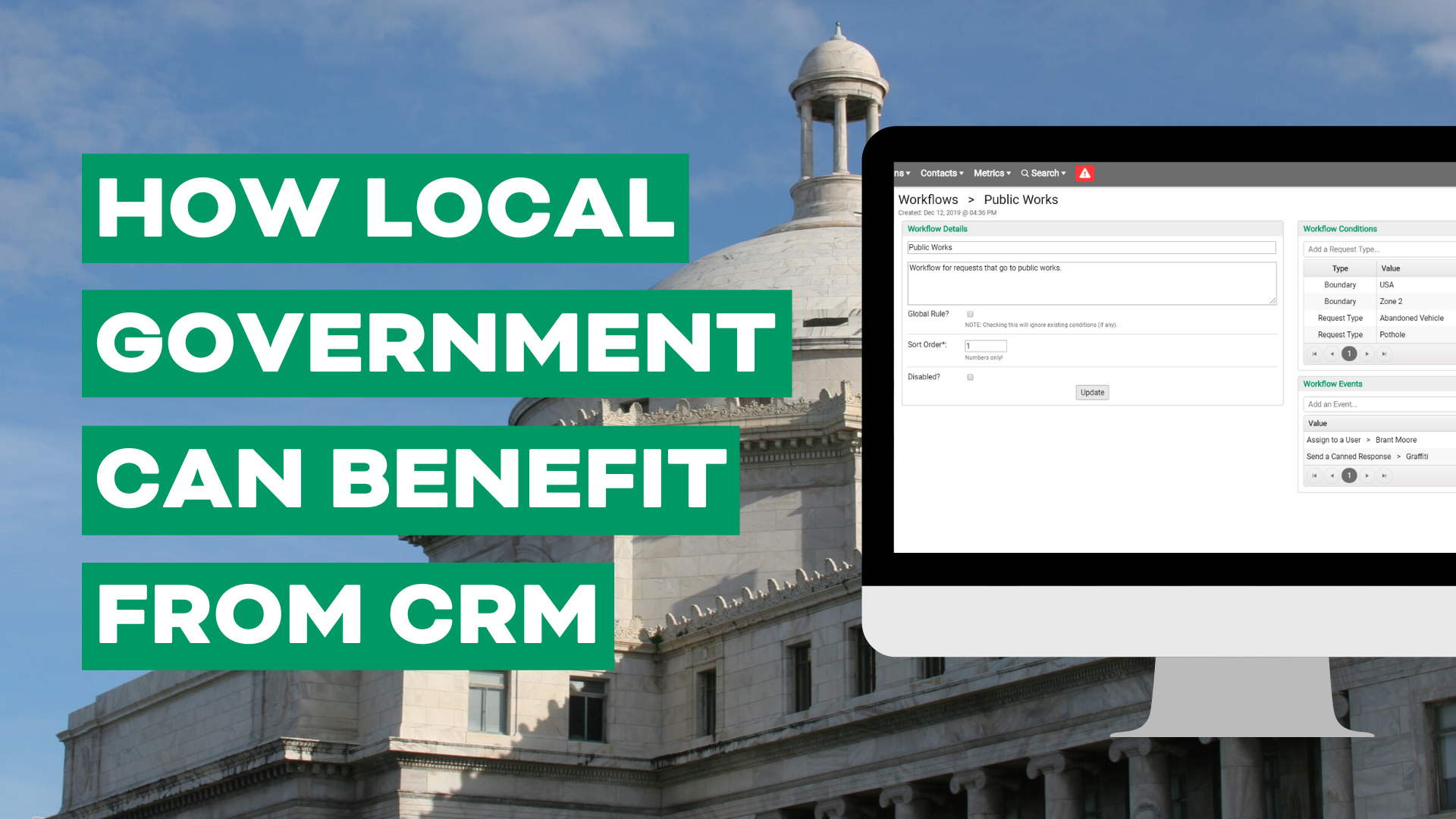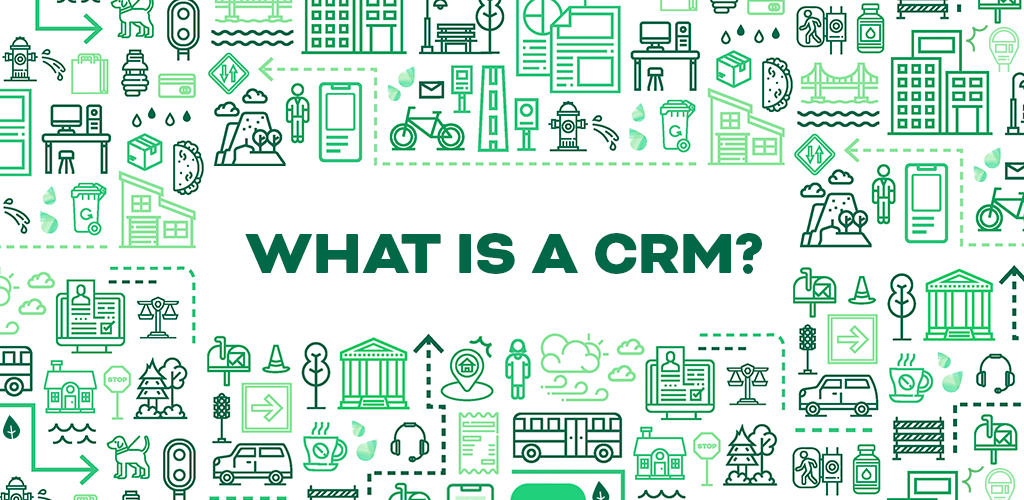Everyone loves to point fingers at local government for a perceived lack of efficiency. Government technology does have a lot of room for improvement. Many local agencies use systems that are outdated and do nothing to benefit the citizens. Governments continue to spend billions of dollars on technology, but are they spending the money in the right place?
Constituent Relationship Management (CRM) systems help local governments provide service and improve citizen engagement without increasing staff workload. When a government CRM is based in the cloud, it improves efficiency, cuts costs, and helps everything run smoother.
There are four areas where the best CRMs for government drive critical improvements:
- Task automation
- Procurement
- Citizen engagement
- Employee recruitment and retention
Let's dive into each below.
Automate tasks
No one wants to lose their job. Sometimes, people feel like automation is a straight path to the unemployment line. But that statement is not entirely true. Automation exists to make your job easier!
Automation is the best way to improve efficiency and get the job done more effectively. 60% of occupations automate at least 30% of their activities, and local government and public sector should be no exception. Is your CRM helping your agency meet this benchmark?
Using a CRM in government allows officials to take care of important tasks while the CRM handles things like data organization. All the while, you’re using this collected data to help you improve the efficiency of your work. This all happens automatically, with little to no human contribution required.
Speed up procurement
72% of government contractors claim that procurement is one of their top challenges. The long procurement process makes it difficult to secure and maintain government contracts. These contracts are the best way to ensure income and increase the value and public opinion of the local government. Doing this all on your own with support from technology is hard.
Improve Citizen Engagement
One of the most valuable benefits of using CRM software is citizen engagement and relationship management. Let's look outside the public sector as an example. Businesses use Customer Relationship Management systems (also called CRMs) to manage contacts, maintain relationships, organize follow-up, and move leads through the sales cycle.
It’s a lot of the same in local government, but with a few changes. Instead of managing customers, you are managing citizens in the town, city, county, or municipality. Citizen centric CRMs make it easy to connect with the members of your community.
If we take a CRM within a 311 system use case, people are always looking for self-service areas where they can report issues and requests. Not only is self-service easier for citizens, but it’s easier on government agencies as well. If you don’t need someone to sit there and answer requests all day, you could prioritize that workforce somewhere else.
With a 311, you typically have a group of individuals who sit and answer requests via phone. Without CRM software to record inbound call information, 311 staff have to chase down different departments to get requests completed. But a CRM that automatically routes service requests by department allows you to free these people from their desks so they can perform other tasks.
As a bonus, the best CRMs for government are configurable to meet the unique needs of your agency. You can change everything from services available to colors and design, so when someone reaches the portal, they know they are connecting with you.
Recruit and retain employees
CRMs are all about organization, but that doesn’t only extend outward, it extends inward as well. There are several ways that a CRM system could benefit an agency internally. For example, government CRM could be used to keep track of applications and organize them based on different metrics.
Hiring managers could then step in and have an easier time with the onboarding and training process because the CRM is user friendly and already organized the applications based on qualifications.
Many people believe that the key to retaining employees is having open and active communication between the people at the top and the people at the bottom. CRM is a great way to ensure this happens every day. There are many different engagement resources for employees to access whenever they have an issue. They can quickly reach the desk of a manager, and that goes both ways. The manager can contact their employees, so no one misses out on an essential bit of information.
Is Government CRM Accessible?

It's clear that CRMs have a lot to offer for local government and public sector, but CRM tools are often associated with prohibitive costs. The good news? Even the best CRMs for government do not have to cost millions of dollars. And on top of that, these systems generate measurable ROI that can add room within tight budgets.
To begin calculating the potential upside of a CRM for your city and understanding the most cost-effective options, read this free guide to affordable government CRM. It will help you evaluate the benefits of cloud based systems over on-premise and understand the landscape of public sector CRM solutions
.

